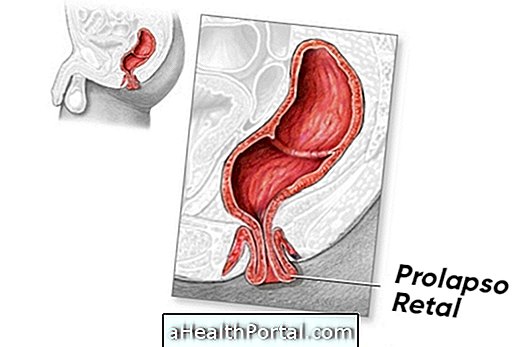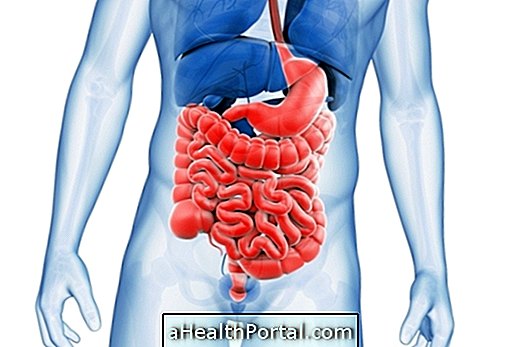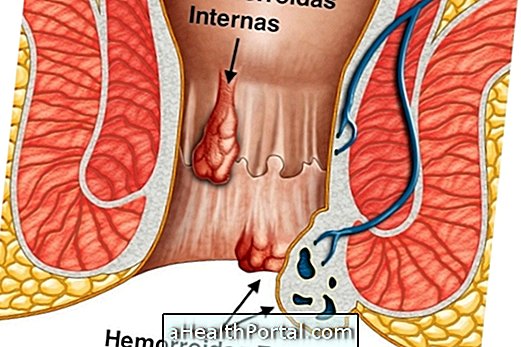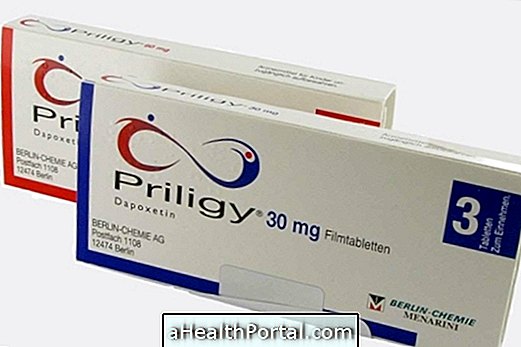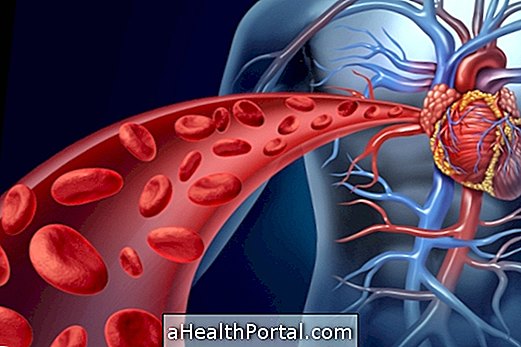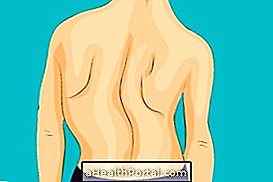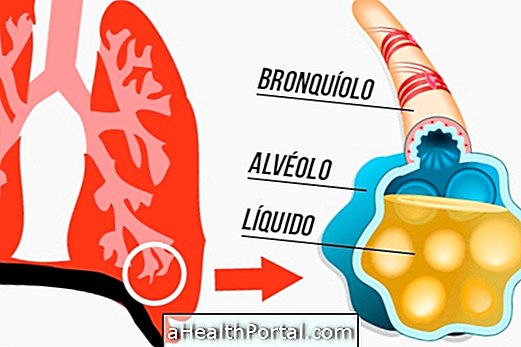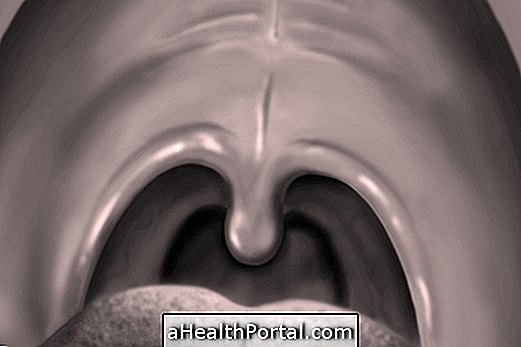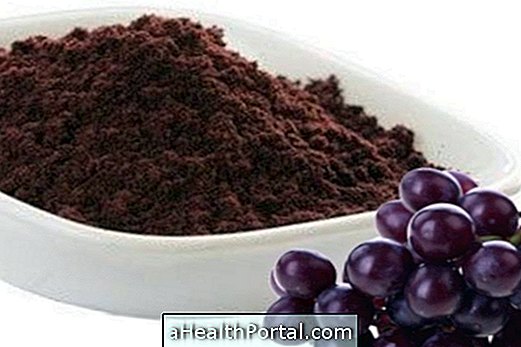In most cases, food poisoning passes only with rest and rehydration with water, teas, natural fruit juices, coconut water or isotonic drinks without the need to take any specific remedy. However, if symptoms persist or worsen within 2 to 3 days, it is recommended to consult a doctor, as in the case of children, the elderly or pregnant women.
The indicated remedies can be:
Charcoal
A good remedy for food poisoning is charcoal because it has the ability to adsorb toxins, helping to eliminate them and reducing the gastrointestinal absorption of these toxins, which are responsible for the symptoms of food poisoning, such as malaise, nausea, vomiting, or diarrhea. The recommended dose is 1 capsule 2 times a day, but if your doctor prescribes other medicines, charcoal should not be ingested as it may compromise their absorption.
Analgesics and Remedies for Vomiting or Diarrhea
In some cases, your doctor may recommend pain relievers to reduce severe abdominal pains and headaches and oral rehydration solutions to prevent dehydration, which are very common in cases of vomiting and diarrhea. Medications commonly used to stop diarrhea and vomiting are contraindicated as they can aggravate the condition, preventing the release of microorganisms.

Home remedy for food poisoning
A great home remedy for food poisoning is to drink mulberry tea and chamomile because it has antidiarrheal, intestinal regulating, bactericidal and soothing action, helping to eliminate the microorganisms responsible for food poisoning and to alleviate episodes of diarrhea.
For tea : Add 1 teaspoon of dried leaves and mulberry leaves and 1 teaspoon of chamomile leaves in 1 cup of boiling water, cover and let stand for 5 to 10 minutes. Then you should strain and drink up to 3 cups of tea per day.
Another excellent home remedy for food poisoning is to suck or chew a piece of ginger because ginger is antiemetic, helping to reduce nausea and vomiting.
Food for food poisoning
Food for food poisoning in the first 2 days should be made with water, natural fruit juices or teas, to replenish the amount of fluid lost in vomiting and diarrhea. Coconut water, oral rehydration salts that can be purchased at pharmacies or isotonic drinks are also other options for rehydration.
When the individual no longer has or has few episodes of vomiting and diarrhea, it is important to make a light diet based on salads, fruits, vegetables, cooked vegetables and lean meats to facilitate digestion, avoiding fried foods, spicy or fatty foods. Learn what to eat to treat food poisoning.

